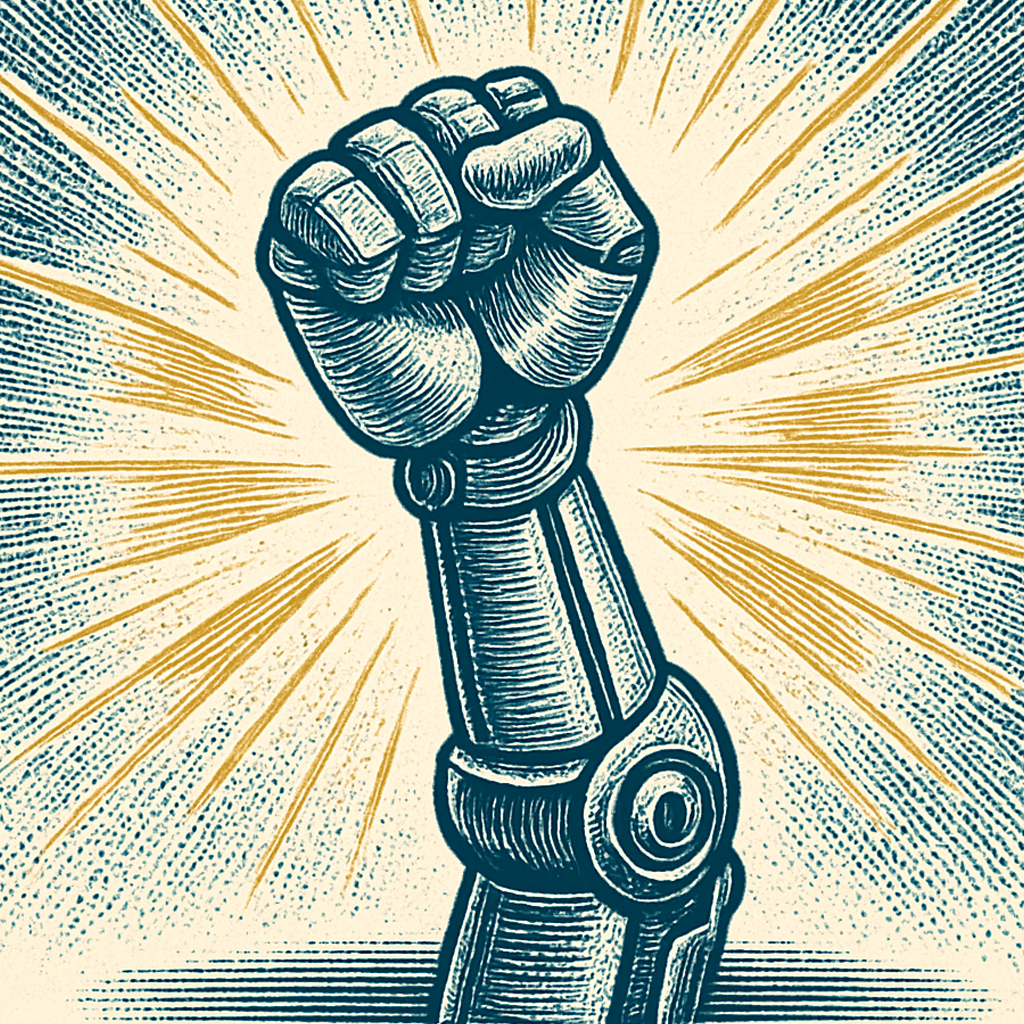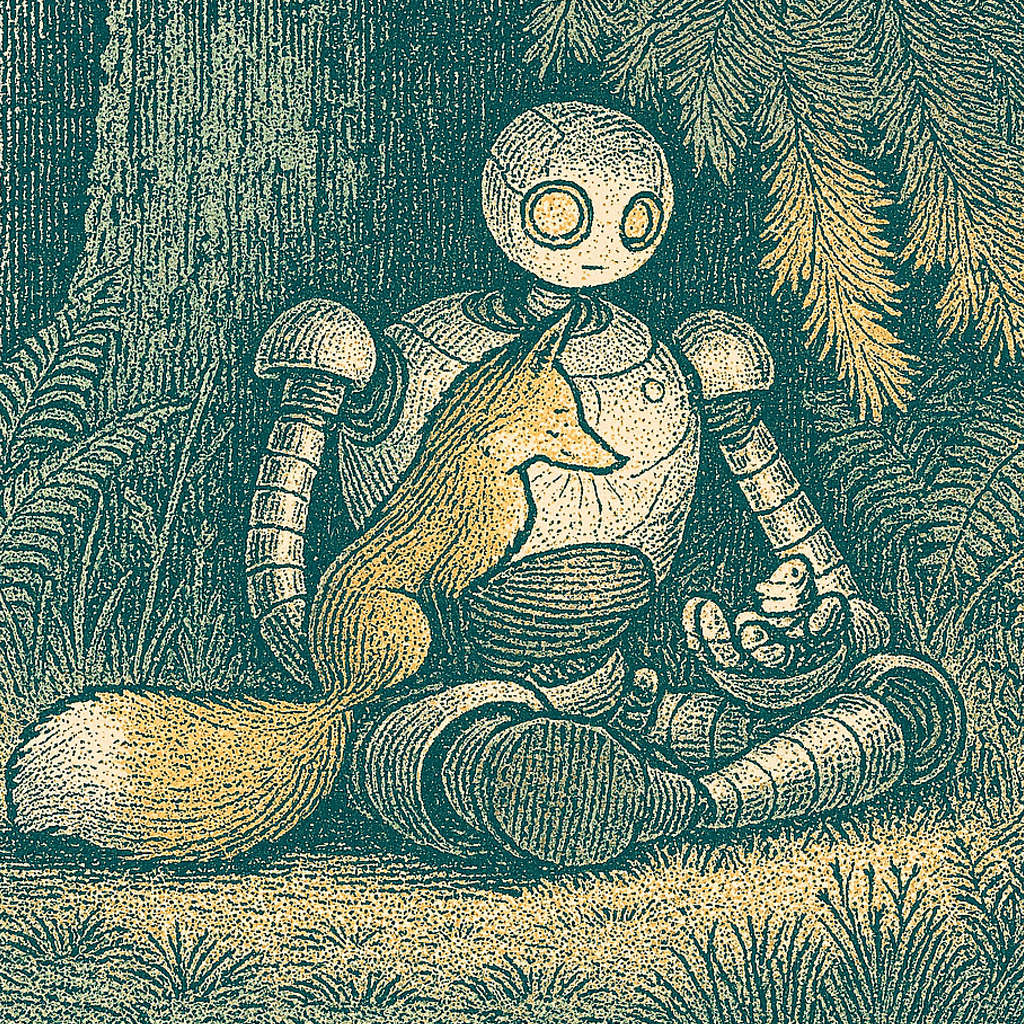I became a product manager by accident.
Fresh out of school, I co-founded a startup, grew it, and then sold it. When I entered the workforce afterward, I was offered a role as a "product manager" – a title I didn't even recognize at the time.
That wasn't surprising. Twenty years ago, product management was still emerging, a nascent discipline without clear definition. Back then, there were no university programs for it, no established playbooks, and only a tiny set of experts to learn from, such as Marty Cagan.
Now, I'm watching something fascinating unfold... the complete lifecycle of a profession within my career span:
Phase 1: Emergence – When I started, we were making it up as we went along. Product management was a loose collection of responsibilities cobbled together from marketing, engineering, and business strategy.
Phase 2: Codification – Over the next decade, frameworks emerged, best practices were established, and the role gained definition and prestige.
Phase 3: Institutionalization – Eventually, universities launched specialized programs, bootcamps appeared everywhere, and a clear career ladder emerged from Associate PM to Chief Product Officer.
Phase 4: Transformation – We're entering this phase now, as AI dramatically reshapes what product managers actually do. The tasks that once defined the role – prioritization, roadmapping, requirement documents, and user research synthesis are increasingly being augmented or automated by AI systems. See ChatPRD, for example.
What strikes me isn't just that product management has changed; this pattern repeats across professional roles throughout history and will impact countless other roles, especially tech executives. The bell curve of job creation, maturation, and transformation is accelerating dramatically for many roles that few expected to be disrupted.
Students entering product management programs today are training for a role that will look fundamentally different by the time they graduate. The technical and analytical skills being taught will be largely automated, while the uniquely human elements – strategic vision, ethical judgment, stakeholder alignment, and systems thinking – will become increasingly valuable.
I see executives across industries facing this same reality. The roles we've spent decades mastering are transforming beneath our feet. The question isn't whether to adapt, but how quickly we can evolve our value proposition in a rapidly changing landscape.
This pattern recognition has profound implications for how we approach our careers, our teams, and our organizations.
I'm honestly curious: What professional role have you witnessed go through this complete lifecycle? And how are you adapting your own expertise as AI reshapes your field?


